We are in a climate crisis, and we seem to be blinded by what is happening right before our eyes. Weather events have become more extreme, yet people continue to look the other way, because they think if they don’t acknowledge it, the problem will go away. Well, time is not on your side, so it would be beneficial if you look up from your screens, and take some responsibility for the current climate crisis. Human behavior has to come to grips with what is going on. Climate change is an immense challenge. Human behavior is crucial in climate change mitigation, and in tackling the arising consequences. The ‘human factor’ has not always received much attention in key research areas, such as climate modeling. Temperatures are rising and immediate and significant climate action is needed. There is a tremendous amount of work to be done.
The fight against climate change is a collective endeavor and requires large scale solutions. Collective action, and collective will has to start with individuals acting as change agents who raise awareness, and are the driving force of needed action. A super change agent and our resident environmentalist, political analyst, civic activist and curmudgeon George Polisner, founder of Civ.works, gives us some insight into the need for human behavior to tackle global warming. We also discuss the Chevron Doctrine and the impending case before SCOTUS, the generational economic despair on both sides of the political spectrum, and more. For additional information go to Civ.works. For past shows go to HudsonRiverRadio.com and Malcolmpresents.com. Follow The Many Shades of Green on Facebook, Instagram and Threads @tmshadesofgreen. Subscribe to TMSOG podcast on Apple, Spotify, Amazon, Spreaker.com and more. #RaiseYourEcoConsciousness
TMSOG Podcast

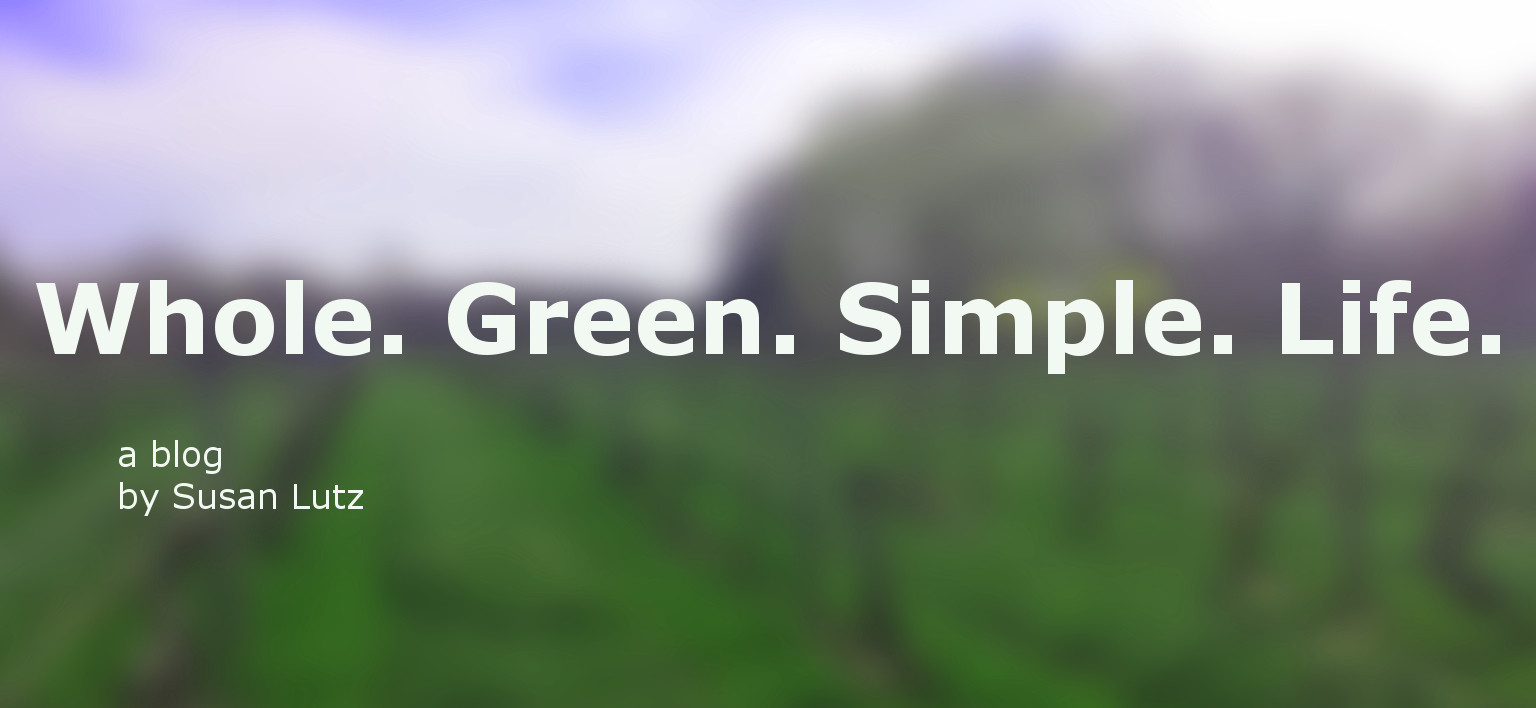
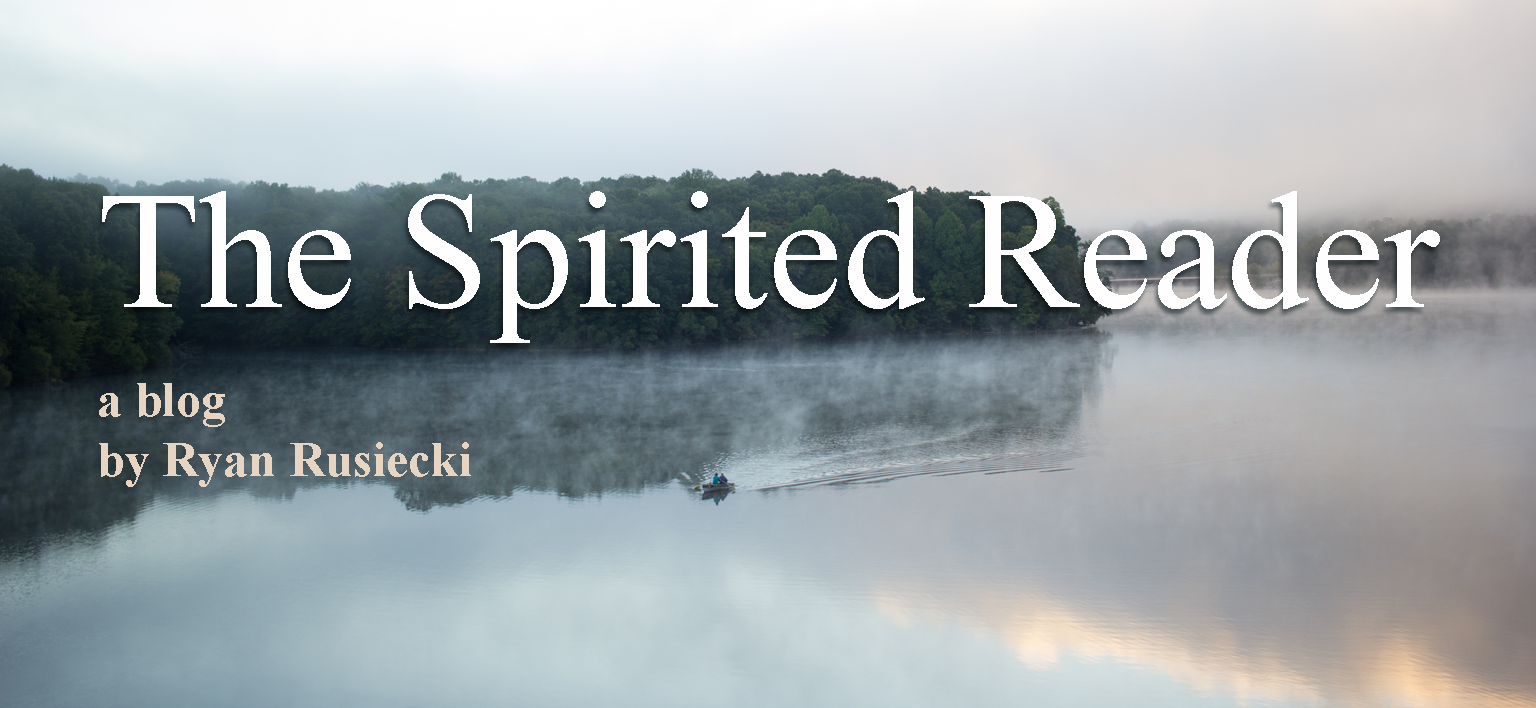
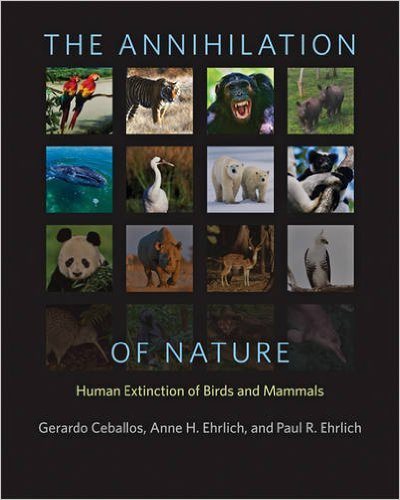 to the present as they contemplate the extinction of modern animals. After spending much time analyzing the extinction of many birds and mammals, the autho
to the present as they contemplate the extinction of modern animals. After spending much time analyzing the extinction of many birds and mammals, the autho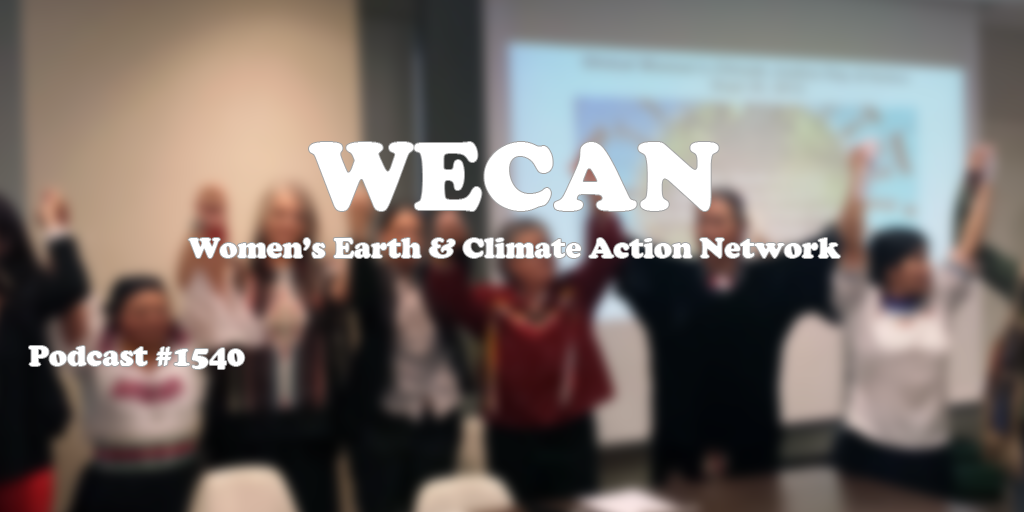
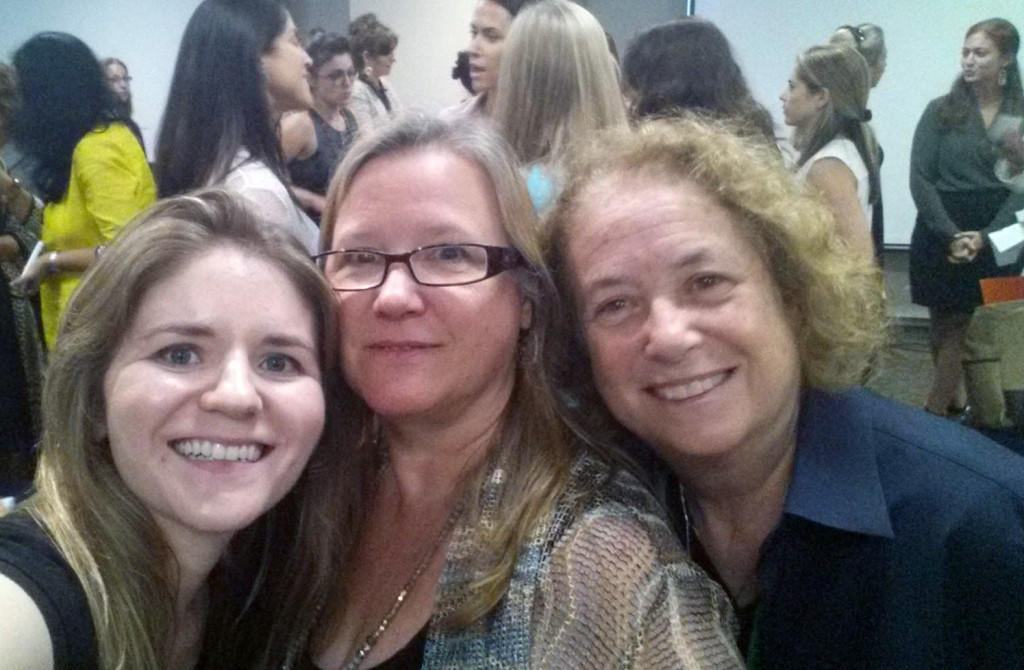 This weeks episode takes us to the Global Women’s Climate Justice Day of Action at the UN, sponsored by the Women’s Earth and Climate Action Network (WECAN). This event was attended by women from over 50 countries. To have such a collection of amazing women in one place, who presented stories of courage and resilience in combating climate change was deeply touching. Women play a key role in adapting solutions to climate change, and it was an honor to speak with WECAN founder Osprey Lake, environmentalist visionary Sally Ranney, as well as Neha Misra founder of Solar Sister, Harriet Shugarman Executive Director of ClimateMama, Executive Director of CELF Katie Ginsberg and student Coreena, and Patricia Gualinga-Montalvo, Indigenous Leader of Ecuador, whose interview was translated by Amazon Watch’s Executive Director Leila Salazar-López. For more information visit
This weeks episode takes us to the Global Women’s Climate Justice Day of Action at the UN, sponsored by the Women’s Earth and Climate Action Network (WECAN). This event was attended by women from over 50 countries. To have such a collection of amazing women in one place, who presented stories of courage and resilience in combating climate change was deeply touching. Women play a key role in adapting solutions to climate change, and it was an honor to speak with WECAN founder Osprey Lake, environmentalist visionary Sally Ranney, as well as Neha Misra founder of Solar Sister, Harriet Shugarman Executive Director of ClimateMama, Executive Director of CELF Katie Ginsberg and student Coreena, and Patricia Gualinga-Montalvo, Indigenous Leader of Ecuador, whose interview was translated by Amazon Watch’s Executive Director Leila Salazar-López. For more information visit 
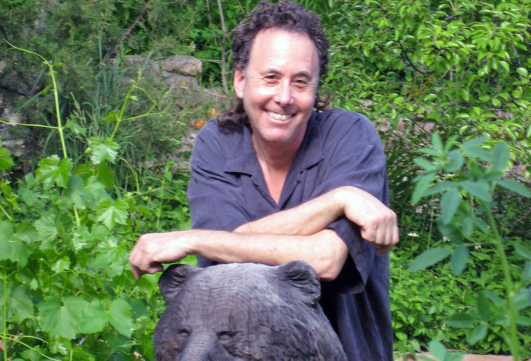
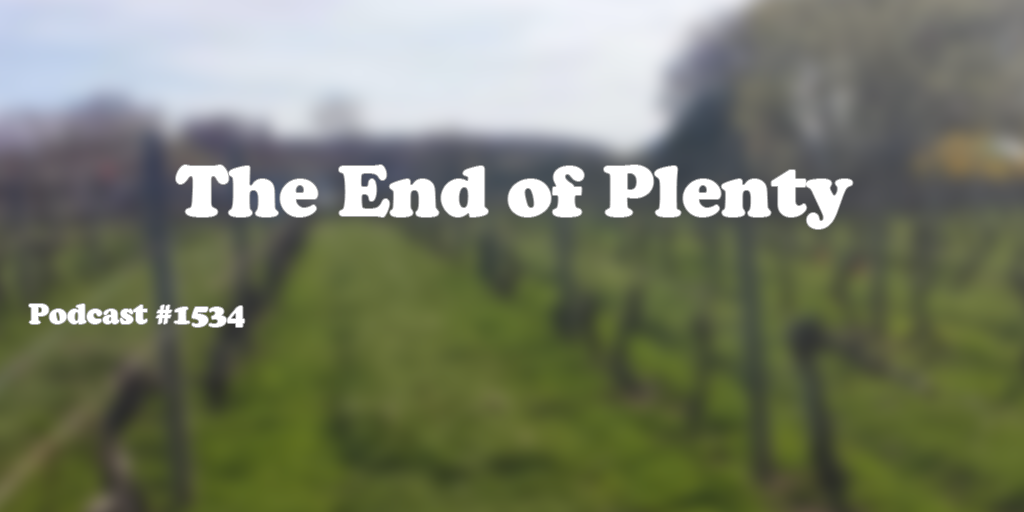
 Can we feed the world without wrecking it? Are we farming ourselves out of food? My guest, Joel K. Bourne Jr. and I delve into those questions on this week’s show. Joel’s new book, THE END OF PLENTY: The Race to Feed a Crowded World, discusses the world food crisis, as it relates to population increase and environmental concerns. Farm land is becoming decimated, as water shortages are spreading globally, thus reducing growth of crops needed to feed the populace. Political unrest and revolutions have occurred in various hot spots around the world, as wheat crops have failed, which has lead to tightening grain supplies. Lives are lost as fights break out over bread. Will 3D printing of food save us? Probably not, but there is hope, as farmers are using innovations in food irrigation, as well as conservation methods to solve some of the problems. A new land ethic must be put into place to feed the world. For more information go to joelkbournejr.com and amazon.com for his book, THE END OF PLENTY.
Can we feed the world without wrecking it? Are we farming ourselves out of food? My guest, Joel K. Bourne Jr. and I delve into those questions on this week’s show. Joel’s new book, THE END OF PLENTY: The Race to Feed a Crowded World, discusses the world food crisis, as it relates to population increase and environmental concerns. Farm land is becoming decimated, as water shortages are spreading globally, thus reducing growth of crops needed to feed the populace. Political unrest and revolutions have occurred in various hot spots around the world, as wheat crops have failed, which has lead to tightening grain supplies. Lives are lost as fights break out over bread. Will 3D printing of food save us? Probably not, but there is hope, as farmers are using innovations in food irrigation, as well as conservation methods to solve some of the problems. A new land ethic must be put into place to feed the world. For more information go to joelkbournejr.com and amazon.com for his book, THE END OF PLENTY.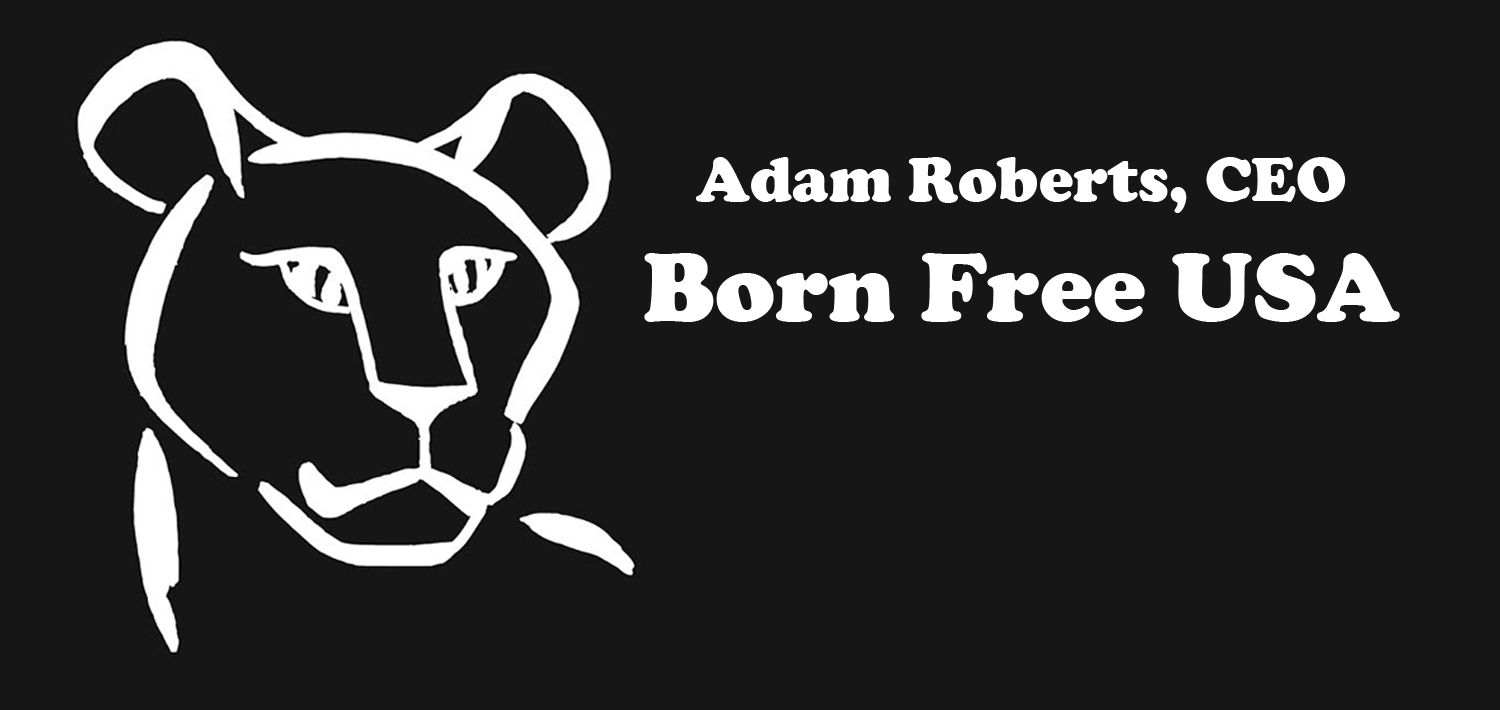
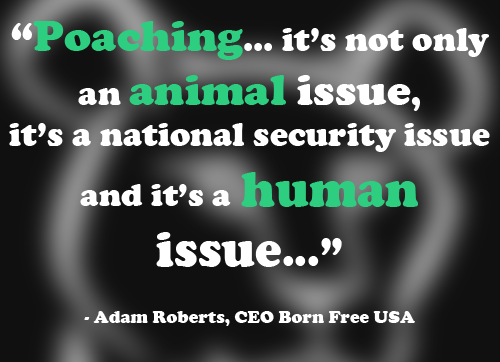 This week’s show takes us to jungles, plains, back lots and road shows to focus on animal welfare and the need for wildlife protection. My guest, Adam Roberts, CEO of the organization Born Free USA, and I discuss the plight of elephants and lions and what is causing them to be endangered. We also talk about the cruelty and neglect of Exotic pets, and the treatment of animal actors in circuses, film and TV. Lions may be sleeping, but we need to ROAR to save them. For more information go to
This week’s show takes us to jungles, plains, back lots and road shows to focus on animal welfare and the need for wildlife protection. My guest, Adam Roberts, CEO of the organization Born Free USA, and I discuss the plight of elephants and lions and what is causing them to be endangered. We also talk about the cruelty and neglect of Exotic pets, and the treatment of animal actors in circuses, film and TV. Lions may be sleeping, but we need to ROAR to save them. For more information go to 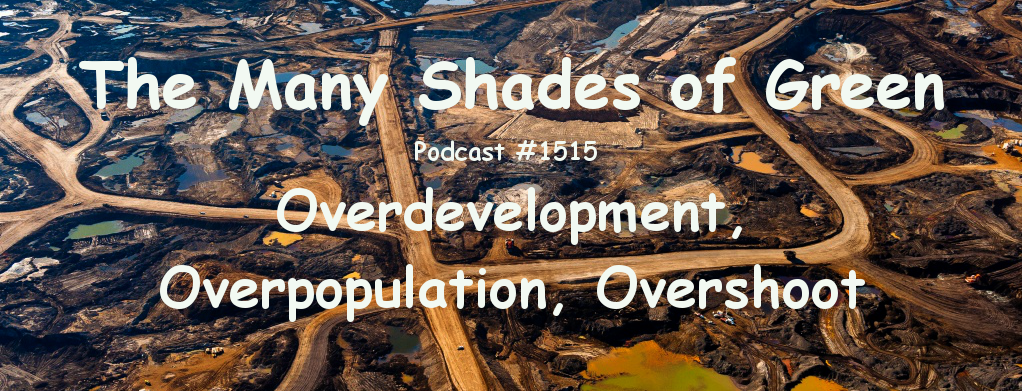
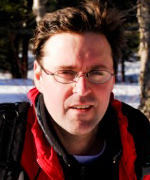 Overdevelopment, Overpopulation, Overshoot – Tom Butler’s new large format coffee table book, tells the story of how population increase, and the rise of the industrial complex, has led to social, economic and environmental problems world wide. The phrase ” a picture’s worth a thousand words” is most evident in the photos taken during this three year journey to expose man’s quest to dominate the planet, and leave sprawl, over growth, disease and destruction in its path. We over indulge, over-plug, and over saturate this beautiful planet, with blatant di
Overdevelopment, Overpopulation, Overshoot – Tom Butler’s new large format coffee table book, tells the story of how population increase, and the rise of the industrial complex, has led to social, economic and environmental problems world wide. The phrase ” a picture’s worth a thousand words” is most evident in the photos taken during this three year journey to expose man’s quest to dominate the planet, and leave sprawl, over growth, disease and destruction in its path. We over indulge, over-plug, and over saturate this beautiful planet, with blatant di